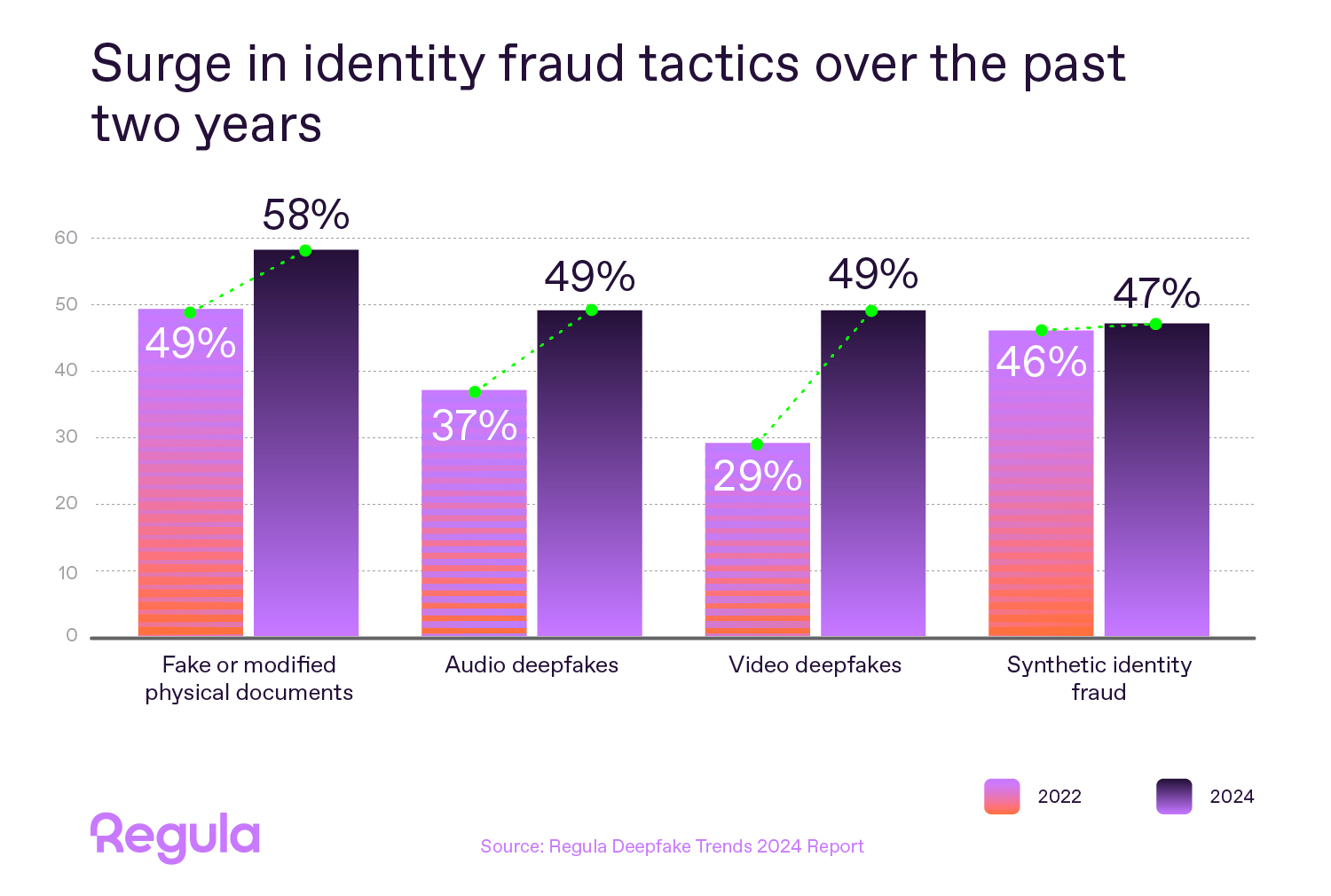![]()
New York, New York, July 2nd, 2024, Chainwire
Cartesi, a modular execution layer protocol that equips developers with access to a full Linux environment, and Avail, a modular blockchain framework designed to unify web3 and optimize data availability (DA) for scalable and customizable applications, are pleased to announce a close collaboration set to significantly advance web3 development.
This integration will offer a seamless and intuitive experience for developers by leveraging Cartesi’s RISC-V Linux-based execution capabilities and Avail’s reliable data availability solution, Avail DA. The user-friendly approach will simplify the complexities of decentralized application development, enabling faster and more efficient project deployment.
The modular stack allows both protocols to combine their unique properties, resulting in a robust protocol that is more powerful compared to monolithic stacks where all functionalities are integrated. In this sense, the Cartesi-Avail integration will enable developers to benefit from the increased computational power and flexible programming environment of the Cartesi stack, while also utilizing the enhanced data availability capabilities of Avail DA.
“By combining Cartesi’s cutting-edge RISC-V Linux-based execution with Avail DA, we are setting a new standard in the ease and efficiency of protocol development. This partnership empowers developers to overcome traditional barriers, accelerating innovation and the deployment of next-generation decentralized applications. We are thrilled to enable this leap forward in web3 development,” said Anurag Arjun, Co-Founder of Avail.
The collaboration between Cartesi and Avail marks a significant milestone in the web3 space. A dedicated data availability layer ensures critical transaction data remains available and verifiable while significantly reducing the costs associated with on-chain data availability. This makes dApps more affordable and accessible, while reliable data availability is crucial for the execution layer to perform transactions and execute contracts seamlessly.
“The Cartesi-Avail integration brings into reality a powerful infrastructure for new possibilities and use cases in web3. This is exciting for us and a breath of fresh air for the industry,” said Erick de Moura, Co-Founder of Cartesi.
This partnership is expected to drive the creation of a more robust and versatile ecosystem, particularly benefiting gaming and DeFi verticals, empowering developers to experiment and innovate without being hindered by the limitations of current infrastructure.
Cartesi equips developers with access to a full Linux environment through its native virtual machine, and high-performance rollups designed to support next-generation dApps. By bridging the gap between traditional software and blockchain, Cartesi enables developers to create more sophisticated and scalable dApps with ease. Avail DA offers secure data availability guarantees for entire networks of blockchains, enabling them to scale efficiently and in an unlimited capacity. Using validity proofs with data availability sampling provides robust security and enhanced scalability for blockchain applications.
About Cartesi:
Cartesi is a powerful modular blockchain protocol that supercharges the web3 space. Cartesi equips developers with access to a full Linux environment through its native virtual machine, and high-performance rollups designed to support next-generation dApps. To learn more about Cartesi, users can visit https://cartesi.io/
About Avail:
Avail is led by Polygon’s former co-founder Anurag Arjun and is building a unification layer to solve rollup fragmentation at scale. Avail addresses this from first principles solving blockchain scalability with Avail DA, a foundational DA layer which implements the same technology planned for Ethereum’s danksharding roadmap, including KZG Commitments and Data Availability Sampling (DAS). Avail Nexus addresses growing fragmentation concerns with permissionless interoperability, leveraging proof aggregation on Avail’s scalable DA layer. Avail’s security is then reinforced with multi-asset staking through Avail Fusion.
Users can learn more about Avail on Discord, Twitter, GitHub, Our Blog
Contact
PR Manager
Lindsay Strebel
Blokhaus Inc.
[email protected]


Recent Comments